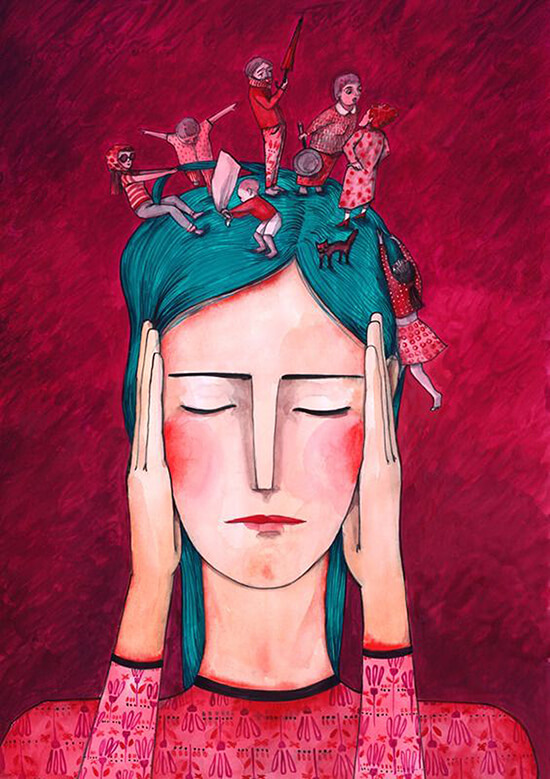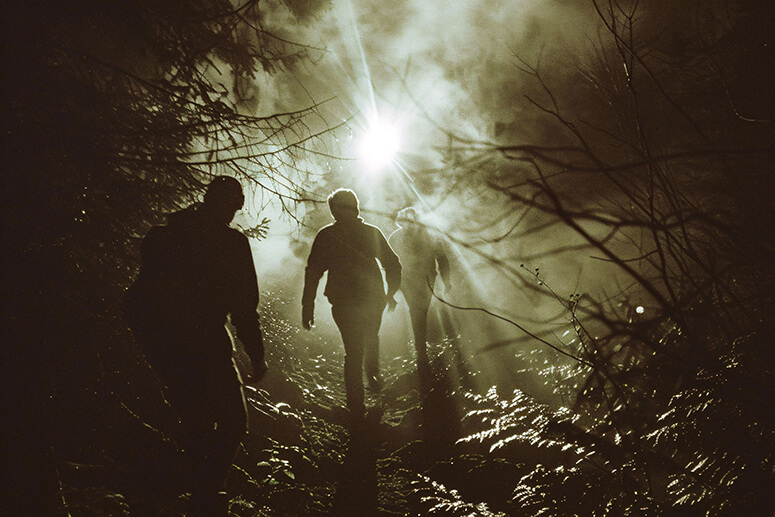Funemployed: How losing a job gave me back a life
For years, I had a title that fit neatly under my email signature and gave strangers something to nod at approvingly. I was lifestyle editor of a national daily, which meant I was paid to have opinions on fashion collections, artisanal everything, and the sudden cultural relevance of matcha. It also meant I had a place to be every weekday morning for three decades—an identity tethered to a desk (even a virtual one, postpandemic) and an endless stream of deadlines.
Then suddenly, I was unemployed. The company where I spent my whole career folded, according to the official line. I was set to retire at the end of next year, once I hit the prescribed years of service, so it wasn’t as if I hadn’t been bracing for this day. I just hadn’t expected it to arrive ahead of schedule.

It sounds dramatic, but it wasn’t a door slamming shut—it was more like someone quietly unscrewing the hinges. One day I was fielding pitches about “10 ways to declutter your closet,” and the next, I was staring at my own clutter, realizing I’d written an entire canon of advice I’d never actually followed: I had become the lifestyle version of “do as I say, not as I do.”
The first week was glorious. I slept until the sun had already risen. I had a proper meal—none of this scarfing a fast-food burger while writing headlines on my laptop. Finally, I was getting my money’s worth from my multiple streaming subscriptions. (What K-drama or Emmy-nominated show haven’t I seen yet?)
It felt decadent, like playing hooky with permission. I thought I’d give myself license to rest, free my head of the pressures of deadlines, and do nothing.
But by week two, I had to admit the novelty was starting to wear off. The day stretched long and quiet. When you’ve done something for decades, it’s no longer a habit—it’s who you are. Your body craves the motion. I even missed the familiar tyranny of Viber group chats, those little pings that told me where to be and what to do. My dog, formerly indifferent to my schedule, began looking at me with disdain, as if to say, “Stop bugging me. Shouldn’t you be doing something?”
Then there was LinkedIn. Updating my profile felt like trying to summarize a marriage in a dating app bio. How do you condense decades of meetings, deadlines, and deadlines about meetings into a few bullet points? I toyed with: “Survived 12,483 meetings. Allergic to bad grammar. Strong opinions about meetings that should’ve been an email.” But instead, I polished the prose until I sounded like someone who could “seamlessly pivot into new opportunities.” Pivoting, I’ve learned, is unemployment’s official verb.

To my surprise, the invites kept coming. I honestly thought they’d dry up the moment I stopped being “useful.” “We want to thank you,” they said. Others assured me our relationship went “beyond your ex-employer.”It was touching, truly. And so began my ladies-who-lunch era. Suddenly, I had the time for leisurely lunches and unhurried dinners, without the looming guilt of a paper waiting to be put to bed. I even went to shows—on Fridays, no less. Fridays! The very day I used to be chained to my laptop, closing a newspaper while everyone else was sipping cocktails.
So, yes, beneath the disorientation, there was liberation. Twenty-nine years at the same company is longer than some marriages, and like any long-term relationship, it came with habits—some healthy, some not. I had forgotten how much of my life had been scheduled in blocks of productivity, how many meals were eaten in a rush, how many personal projects were pushed aside “for when things calm down at work.” Spoiler: They never did.

Now, I get to practice what I once preached. For years, I told readers how to host dinner parties, take better care of their health, or romanticize their weekend routine. I can finally test those lessons on myself. I now go to the gym regularly. I purged my closet. I booked future trips. I go get my nails done on random days of the week, like a midday heiress. I even edited a friend’s book on the side, and it didn’t feel like work: it was muscle memory.
I realize I’m fortunate. I don’t have to rush into another job for the sake of a paycheck. It’s less financial wizardry than it is three decades of steady employment, which makes this intermission feel less like a free fall and more like an unplanned sabbatical. Instead of scrambling, I get to ask myself questions that got lost under the weight of deadlines—like what I actually want to do next.

What unemployment has taught me, perhaps most surprisingly, is that identity travels light. I no longer wear a badge on my chest or a title beneath my name, yet the essentials remain. I still know how to spin a story, how to coax laughter out of life’s oddities, how to catch light in the mundane. These gifts were never on loan from a company; they were stitched into me all along, mine to carry anywhere.
So yes, I am unemployed. But I am also editing a new chapter—my own. It’s disorienting, sometimes unnerving, and often mind-numbingly dull. But it’s also a chance to—what’s the word?—rebrand. If I once curated the “lifestyle” for others, now I get to create one for myself.
Consider it the ultimate assignment: “How to redesign your life after 30 years at the same desk.” This time, I’m both the editor and the subject, and the deadline—at least for now—is blissfully flexible.


